Seven Kingdoms: Ancient Adversaries, a proper classic RTS that's open source continues living on with a fresh release now available to download.
Originally released way back in the 90's, Enlight Software later decided to open source it in 2009 and since then it's seen quite a number of updates as well as a Linux port which works rather nicely.
Here's what's new in 2.15.2:
- Fixed queue buttons in the Harbor and War Factory, and in the tutor dialog for the non-blocking button code.
- Fixed AI crash when trying to use a skilled unit that has been deleted.
- Added German, Portuguese, and Spanish translations.
- Correct mobilizing other nations spies in firms under your control.
- Fixed AI crash when fort being used to attack has been deleted.
- Fixed crashes on bullets hitting targets due to not being attributed correctly.
- Fixed crash when a seat of power is destroyed at the same time the greater being casts magic.
- Fixed AI use of uninitialized memory when defending a general or king, which can cause a desync.
- Added mouse wheel support for map scrolling on touchpads. (sraboy)
- Added scenario completion tracking. (sraboy)
- Fixed crash in automated attack helping where one unit selects a target, the target unit enters a building (or deleted), and the local team then tries to assist, but the target unit is no longer on the map.
- Added advanced config file support. This will allow changing more aspects of the game without recompile.
- Enabled sync checking in replay mode.
You can see the official site here.
7K:AA was actually one of my earliest RTS games, so it holds a special place in my heart and I love that a community has built around it. I used to spend entire days playing this, which is somewhat amusing to think on now considering how basic it is compared to a lot of modern games. For the time period though, it wasn't even revolutionary and came up against other amazing games like Total Annihilation and Dark Reign, even so it's still fun.
considering how basic it is
Its not basic. Its incredibly deep with a relatively simple system. You wouldn't call Go "basic" as well, would you? Especially considering that:
it wasn't even revolutionaryIt was. And it is. Seven Kingdoms combines a simple resources->product->customer network from trade simulations (a lot of the code is identical to Capitalism, buildings are still called "Firm"), direct representation of population (I don't think that any game did it to this detail), everyone has skill like in "RPG" and skill-based abilities. Add spies, politics (could be improved), reputation, loyalty (you need to pay your people), different nationalities and their effect on loyalty, taxes...
And thats not some Grand Strategy Game or Turn Based game, but RTS!
No other game combined all of these things, hell even half of these things, in a complex, yet quickly understandable package.
Sorry Liam, I don't want to sound negative, you might even consider me a fanboy, but I couldn't overlook some of your comments:I get what you're saying, but you seem to have glossed over what I actually said:
considering how basic it is
Its not basic. Its incredibly deep with a relatively simple system. You wouldn't call Go "basic" as well, would you?
how basic it is compared to a lot of modern gamesI'm talking in hindsight here, how it amused me to think how many hours I put into this when I was younger versus far more complex games now.
As for this:
I agree it has some interesting features in it, hence me enjoying it and still writing about it many years later. But it is in many ways still quite a basic game. Both in terms of how you control everything, graphical features, amount of unique units and the list goes on. Remember, this is around the same time Imperium Galactica, Age of Empires, Dark Reign, NetStorm: Islands At War, Total Annihilation, Command & Conquer: Red Alert and plenty more came out.it wasn't even revolutionaryIt was. And it is. Seven Kingdoms combines a simple resources->product->customer network from trade simulations (a lot of the code is identical to Capitalism, buildings are still called "Firm"), direct representation of population (I don't think that any game did it to this detail), everyone has skill like in "RPG" and skill-based abilities. Add spies, politics (could be improved), reputation, loyalty (you need to pay your people), different nationalities and their effect on loyalty, taxes...
And thats not some Grand Strategy Game or Turn Based game, but RTS!
No other game combined all of these things, hell even half of these things, in a complex, yet quickly understandable package.
Last edited by Liam Dawe on 27 Jun 2019 at 10:49 am UTC
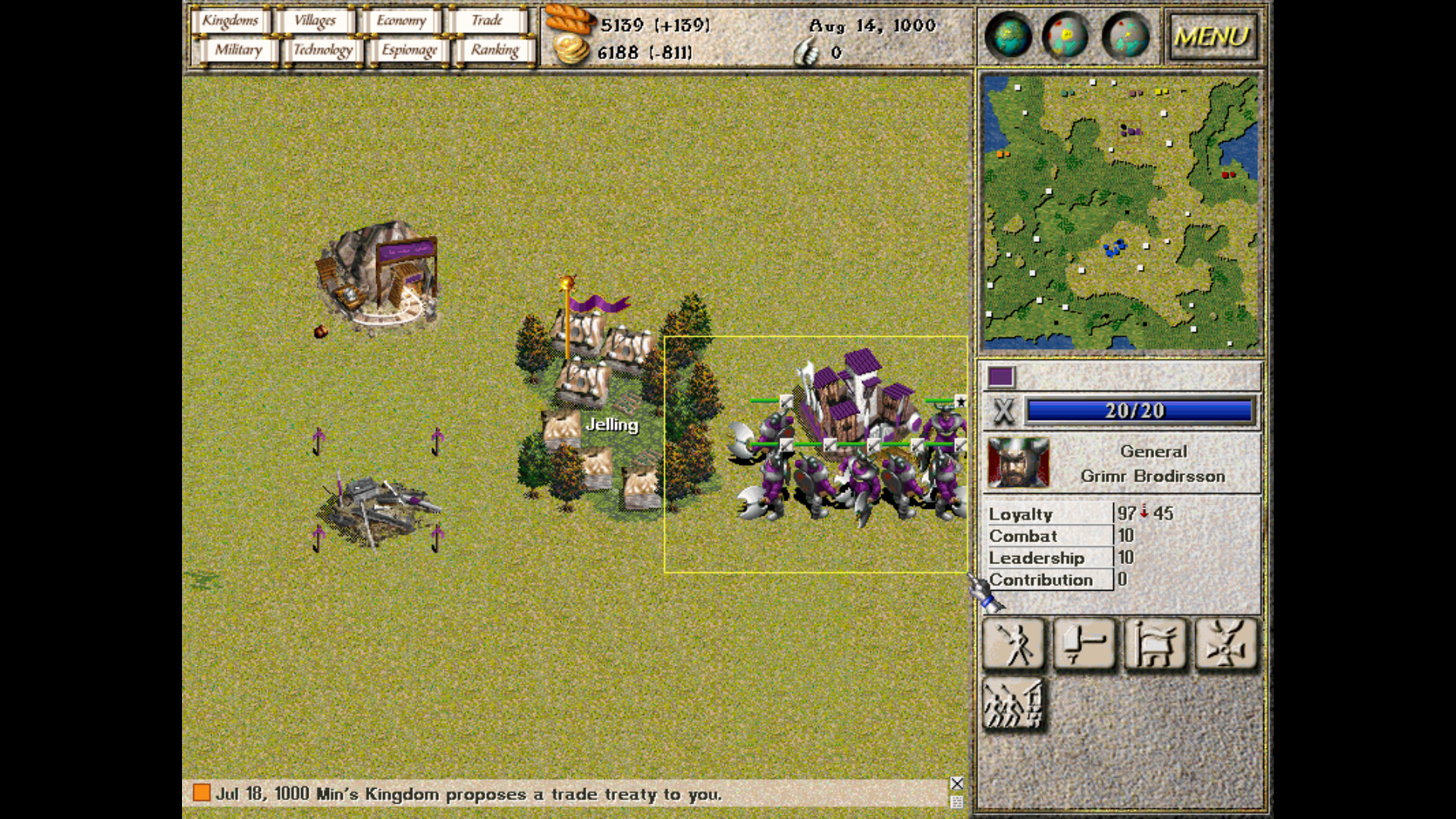
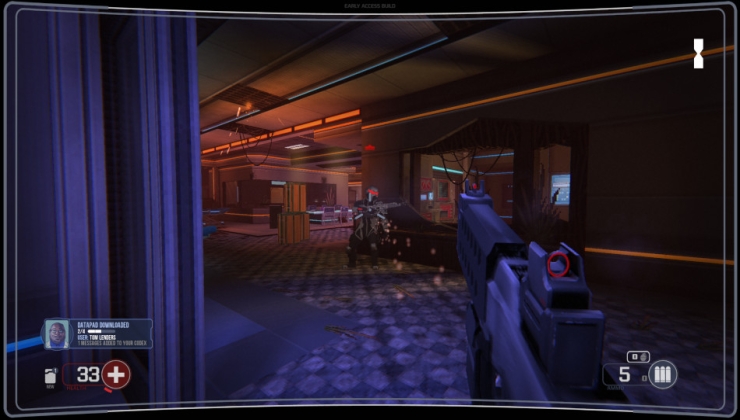
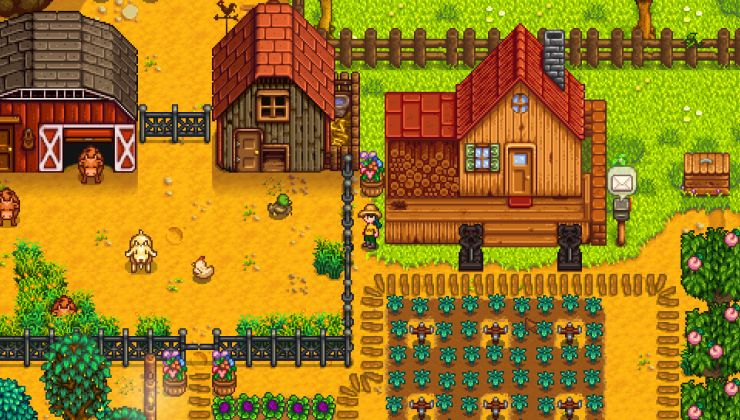
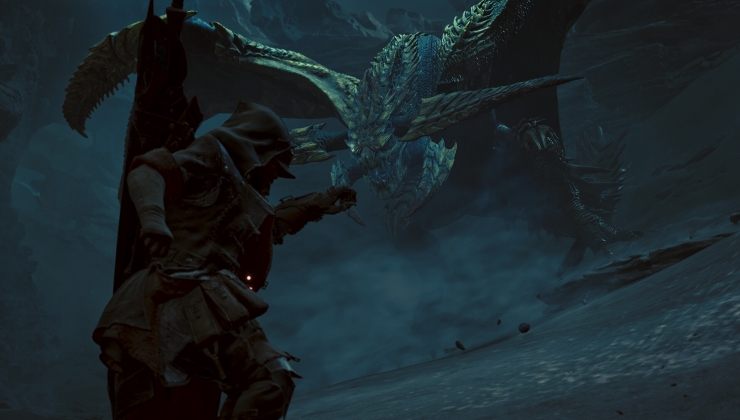
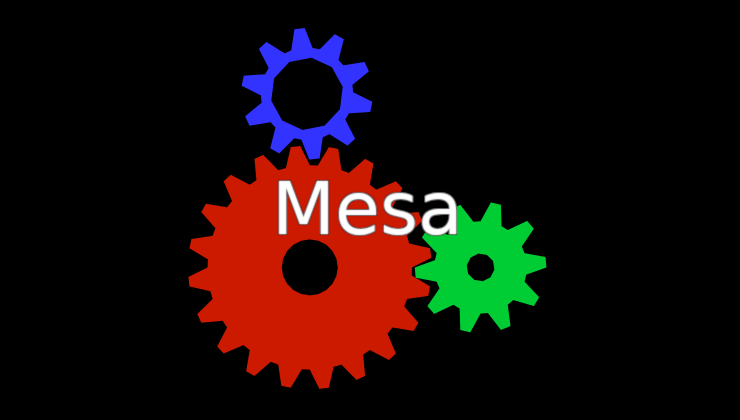


See more from me